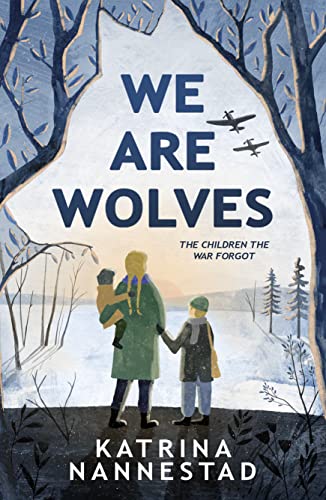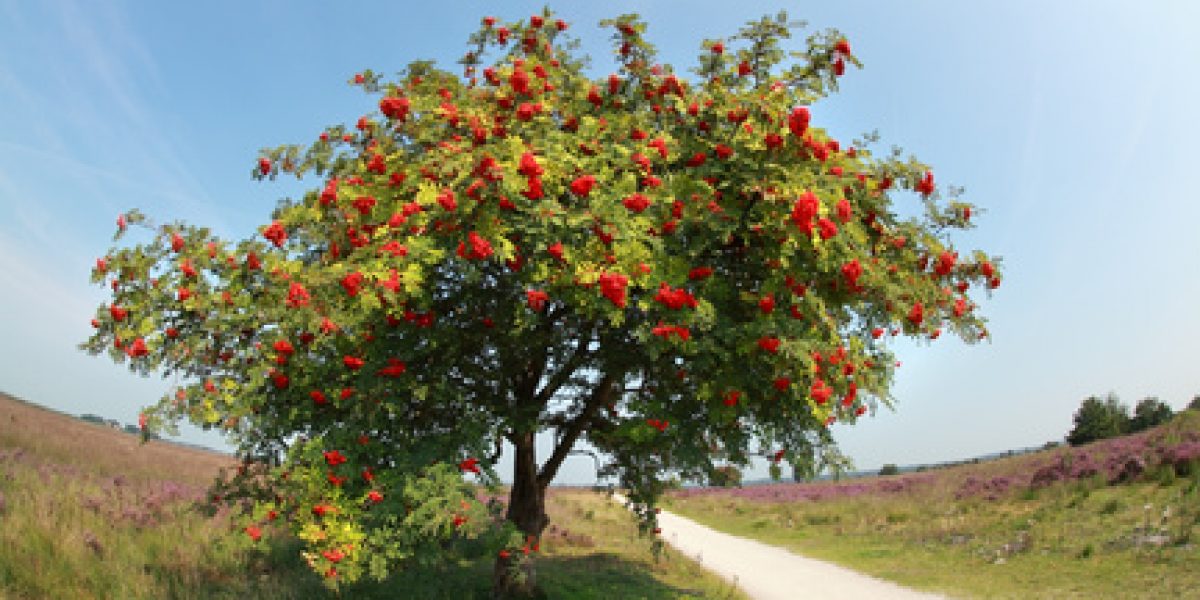In Yr 6 we always love our class readers and the highlight for Rowan Class was We are Wolves by Katrina Nannestad. This story was all about three German children living in East Prussia at the end of World War Two. Fleeing from the invading Russians, they become separated from their family and are forced to take desperate measures to survive.

To say this book left a big impression on the pupils is a massive understatement. They were absolutely gripped! As a class, they came up with some questions for Katrina Nannestad which Mr Stanley emailed out to her in Australia. This is her reply…
What a lovely email. I’m delighted to know that your class have shared We Are Wolves and enjoyed it so much. I am especially happy to know that the story inspired such meaningful discussion.
Here are the answers to your questions.
Why were you so interested to write about the war in Eastern Europe?
I was fascinated by the stories of the Wolfskinder and as they were in East Prussia and Lithuania, that was where the story had to be set. Of course, there were many orphans all over Germany after the war, but the situation in East Prussia was unique which led to the very sad situation of the Wolfskinder having to survive on their own – sometimes for many years after the war.
While doing research for We Are Wolves, I came across a number of stories about child soldiers, including that of Sergey Aleshkov, which inspired my second war story, Rabbit, Soldier, Angel, Thief. So when my publisher wanted a third war story, it seemed like a good idea to find another lesser-known story set in the eastern arena, to round things out. And so I wrote Waiting For the Storks, which is inspired the true stories of Polish children who were stolen from their families and sent to Germany under the Lebensborn Program.
When you were writing the book did you envisage an ending for Karl, Josef, Bruno and Charlotte?
I did! In fact, I have wondered about writing a sequel, so I might keep their futures a secret for now. I always tell my readers that anything left untold can be determined by them. They have the power to decide … until the author writes a sequel!
If you had the chance to rewrite We are Wolves, would you change anything about it?
Yes. When the book was translated into German, my translator pointed out that Hitler was never called Herr Hitler by the German people of his time. He was Hitler, Adolf Hitler or the Fuhrer. To call him Herr Hitler was an insult, to presume he was just like all other men, and he wanted to be recognised as a great leader, a special man. Apparently, when Winston Churchill called him Herr Hitler, that was a knowing insult. This was corrected in the German translation, and in reprints in the Australian text. I don’t think it was changed for the British edition.
As far as the actual story/plot goes, I wouldn’t change anything.
If you could be one character from We are Wolves, who would you be and why?
I think I’d be Otto. Even though he suffers like all the other children, there is a resilience and a naivety about him that keeps him a little less hurt than Liesl, I think. I like his cheekiness and bold Hitler ditties, too.
Which of the books you have written is your favourite?
This is always a tricky question – a bit like asking which of my children I love most. I like all my books for different reasons. I do have a few favourite characters, though. Sasha, the boy soldier from Rabbit, Soldier, Angel, Thief, is one of my all-time favourites. He is so sweet and incredibly kind and giving. At the other end of the literary spectrum, Pig McKenzie, the school bully in Olive of Groves, is also a favourite.
Many thanks to Katrina for taking the time out to reply to the children’s questions.
Mr Stanley is looking for opportunities to read Rabbit, Soldier, Angel, Thief and Waiting for the Storks to the class, and is currently trying to track down some international copies as they aren’t currently available in the UK.

